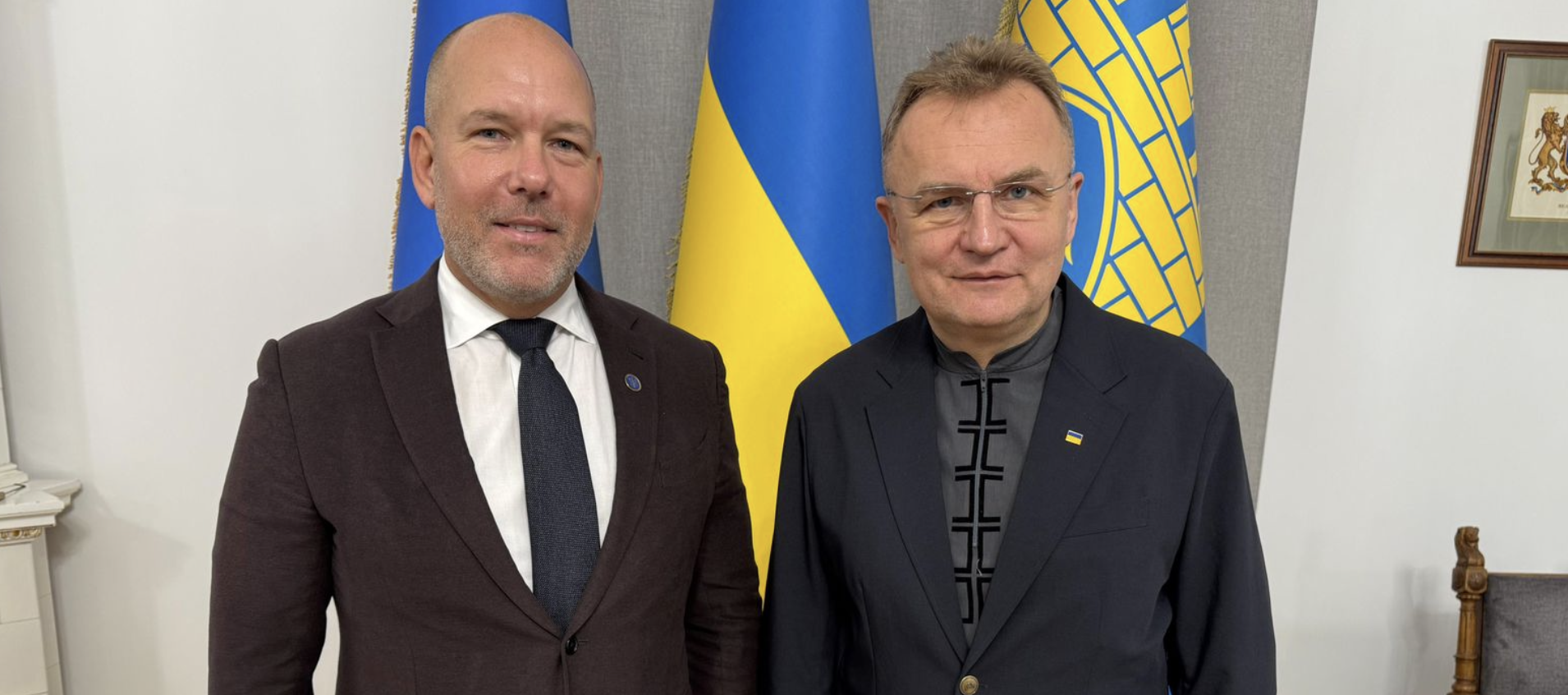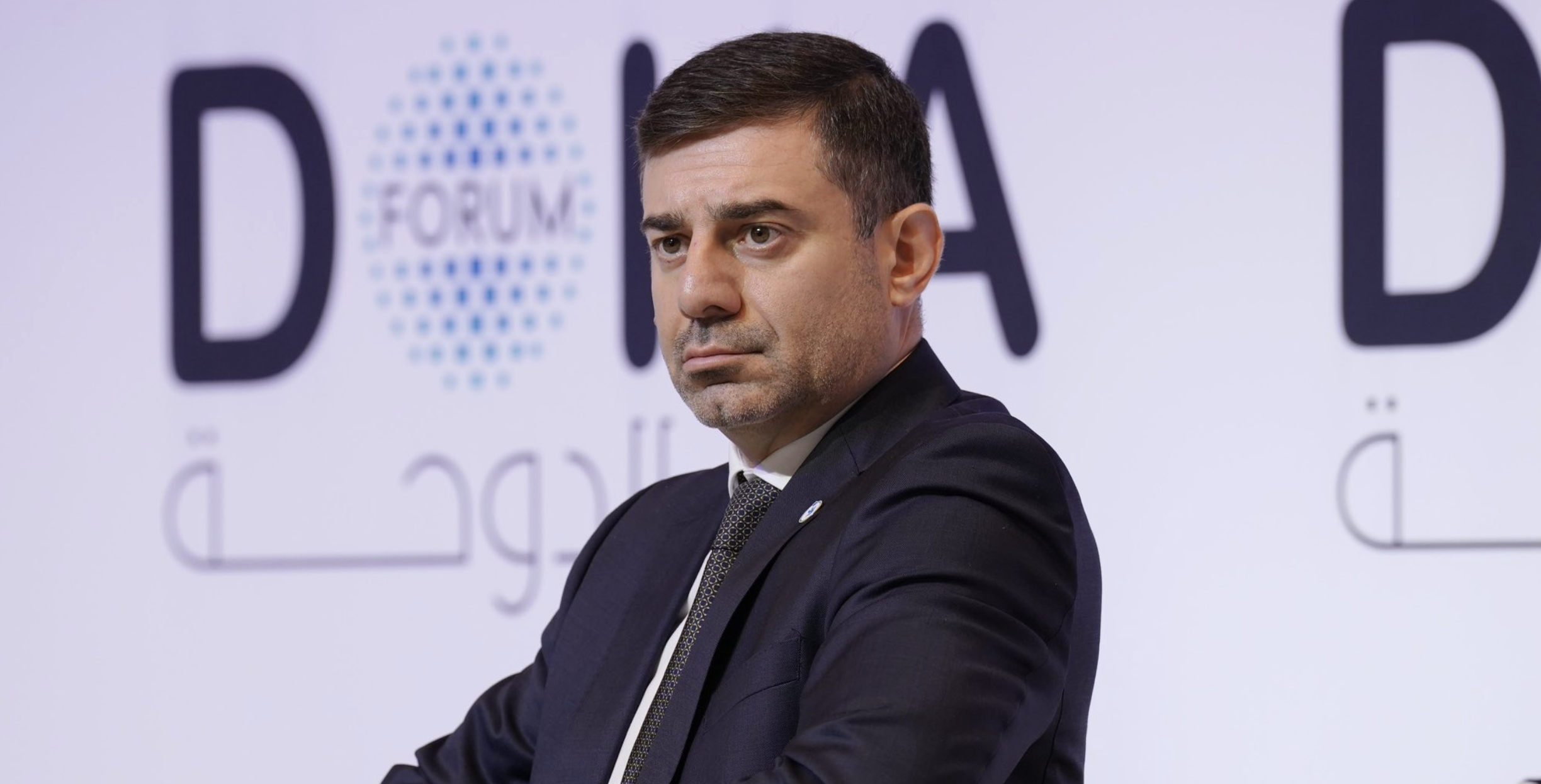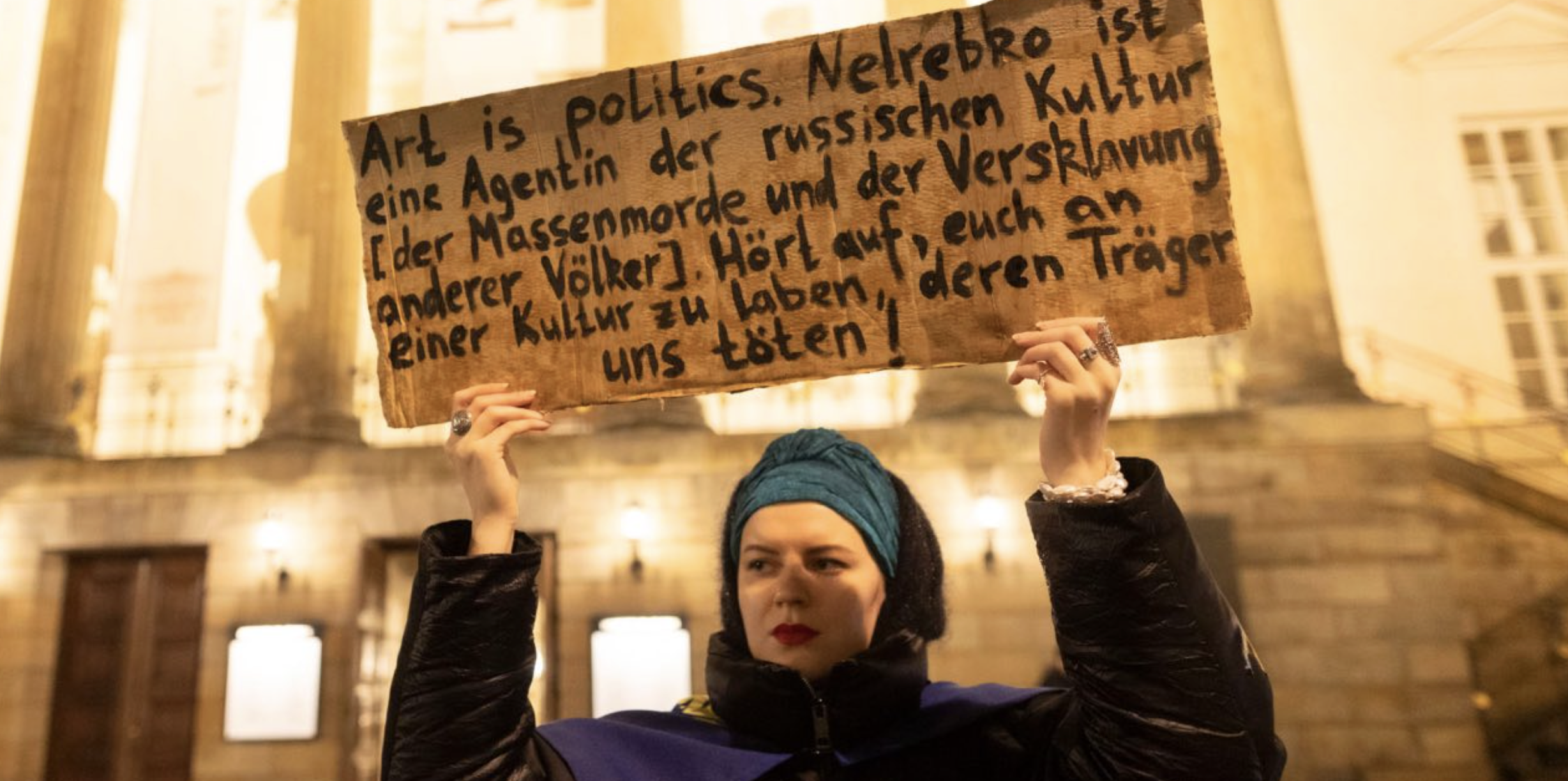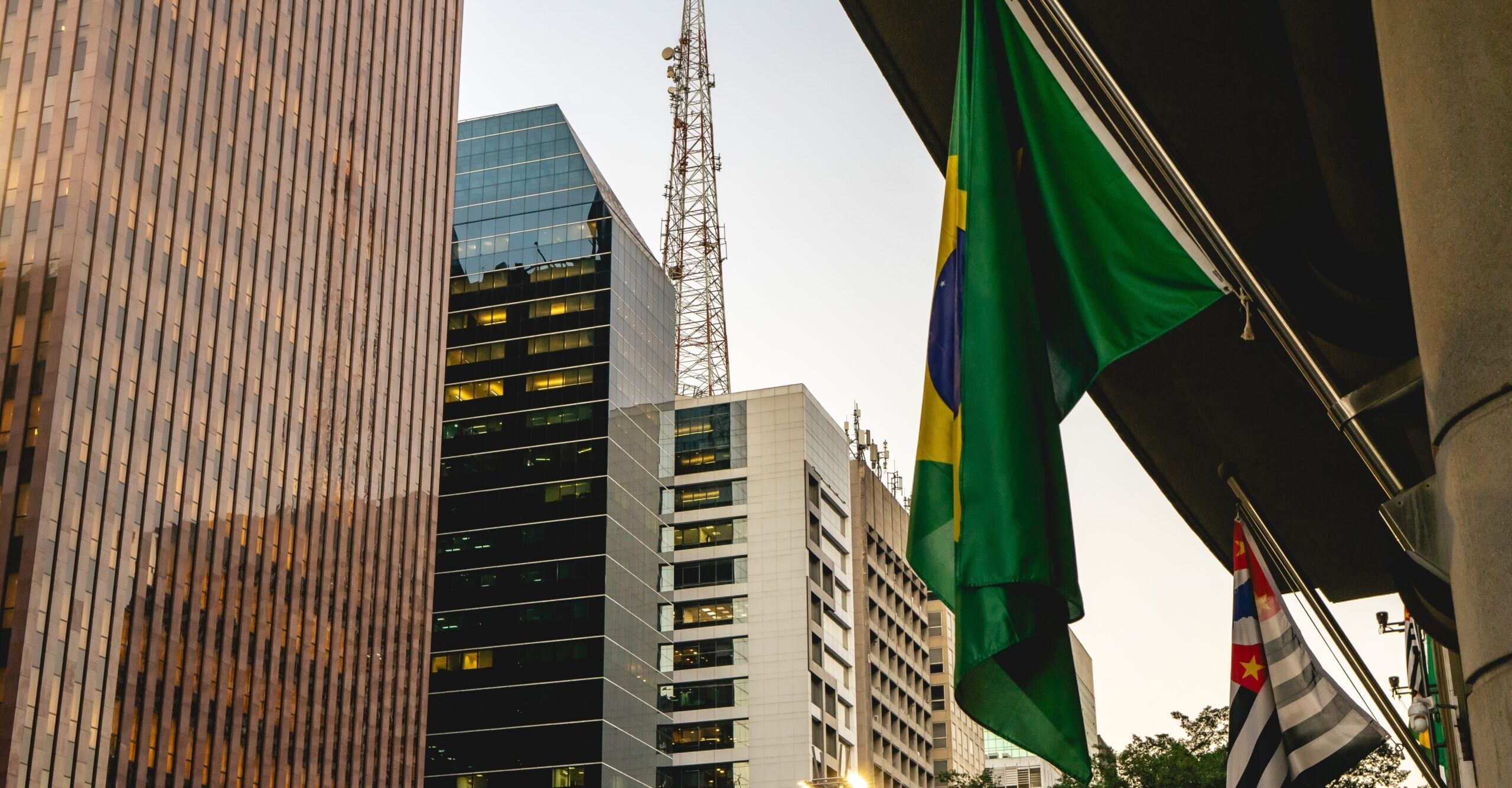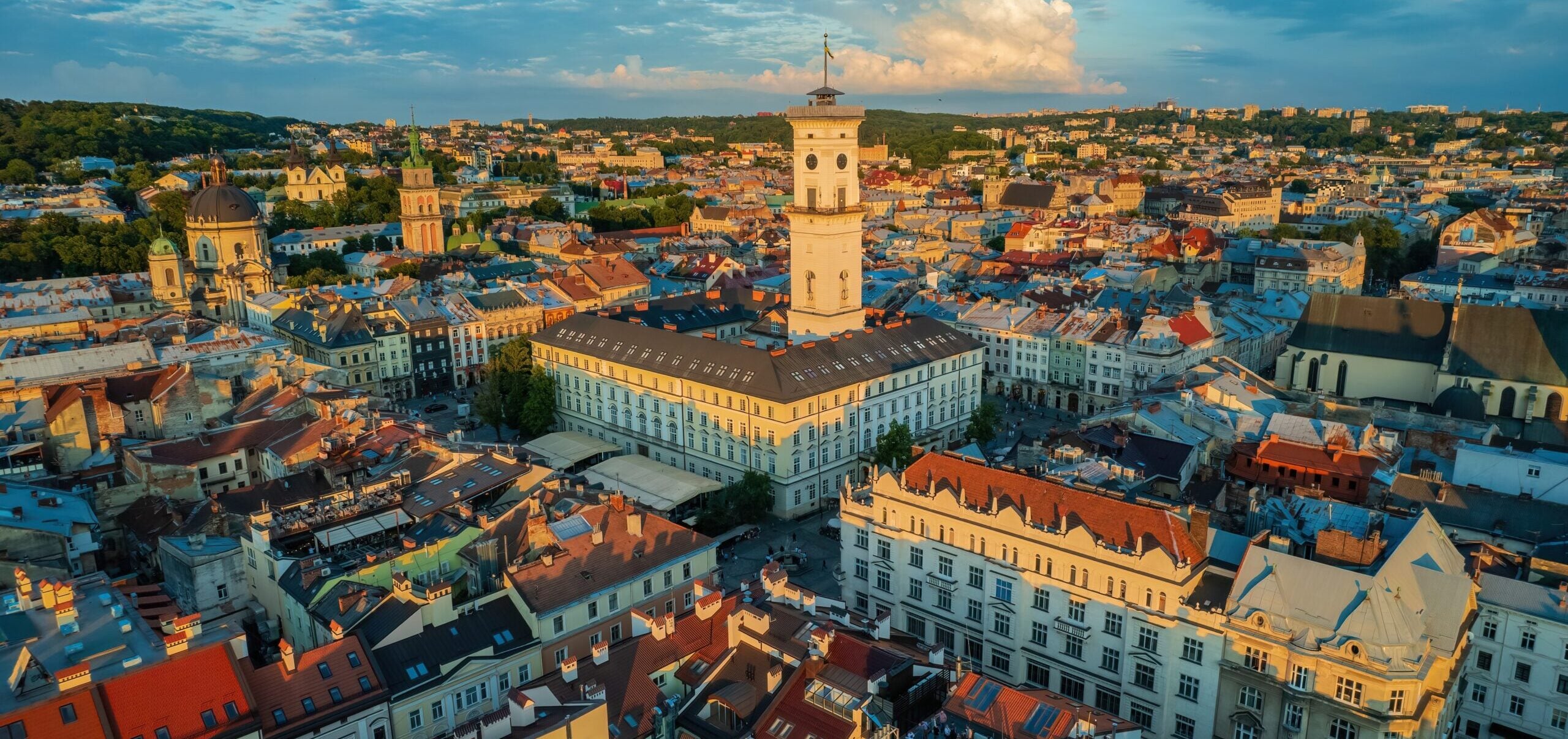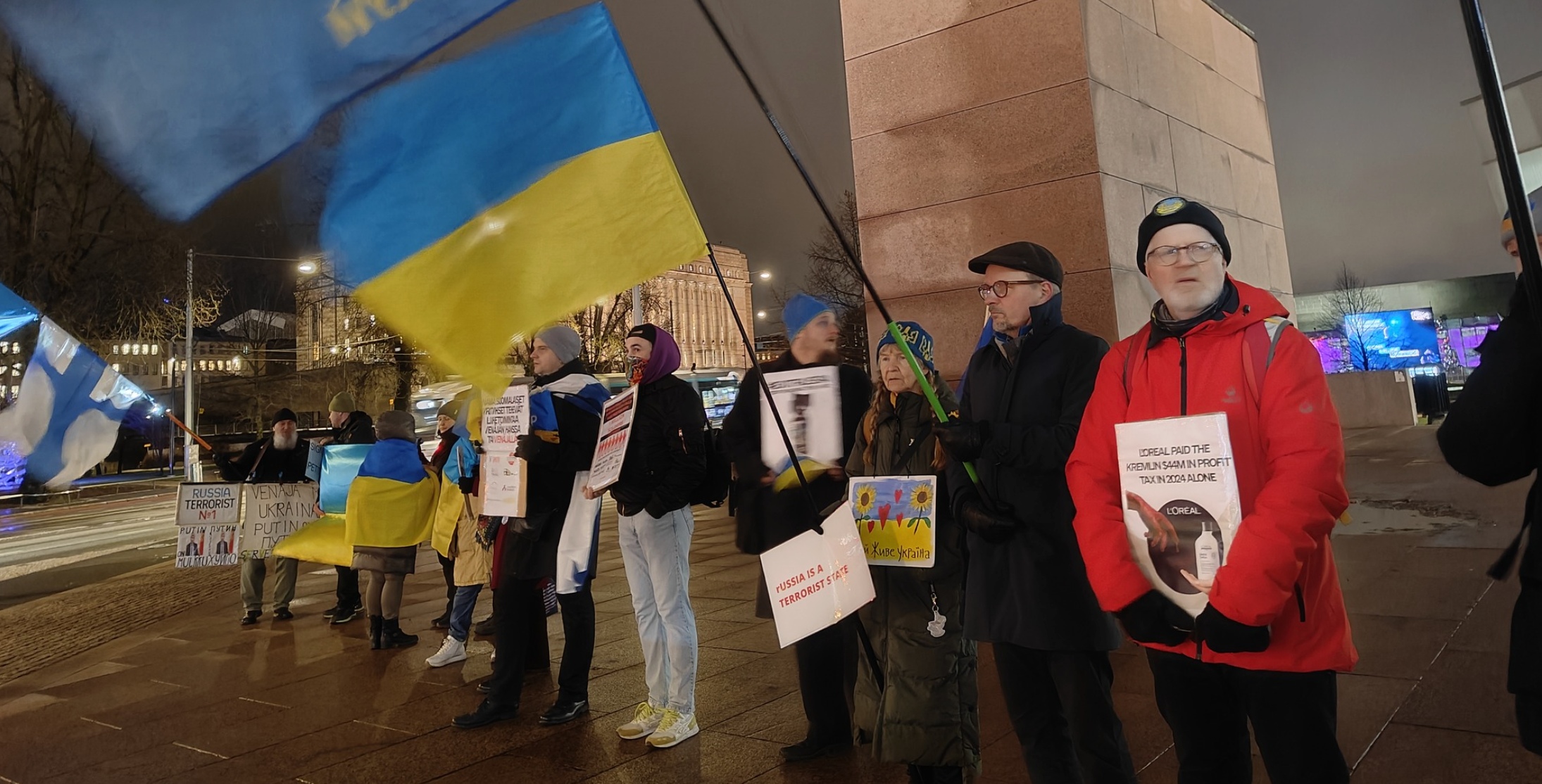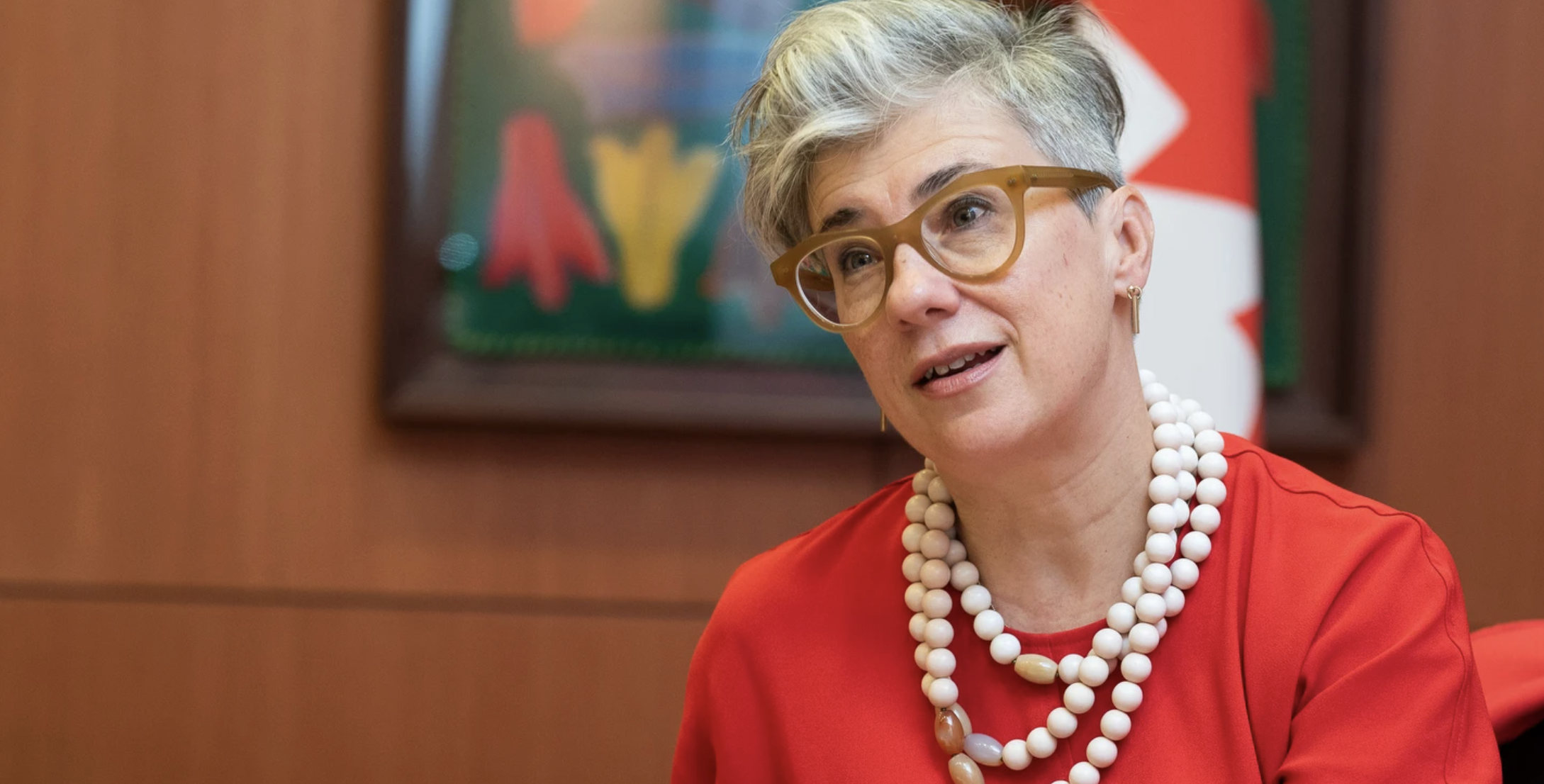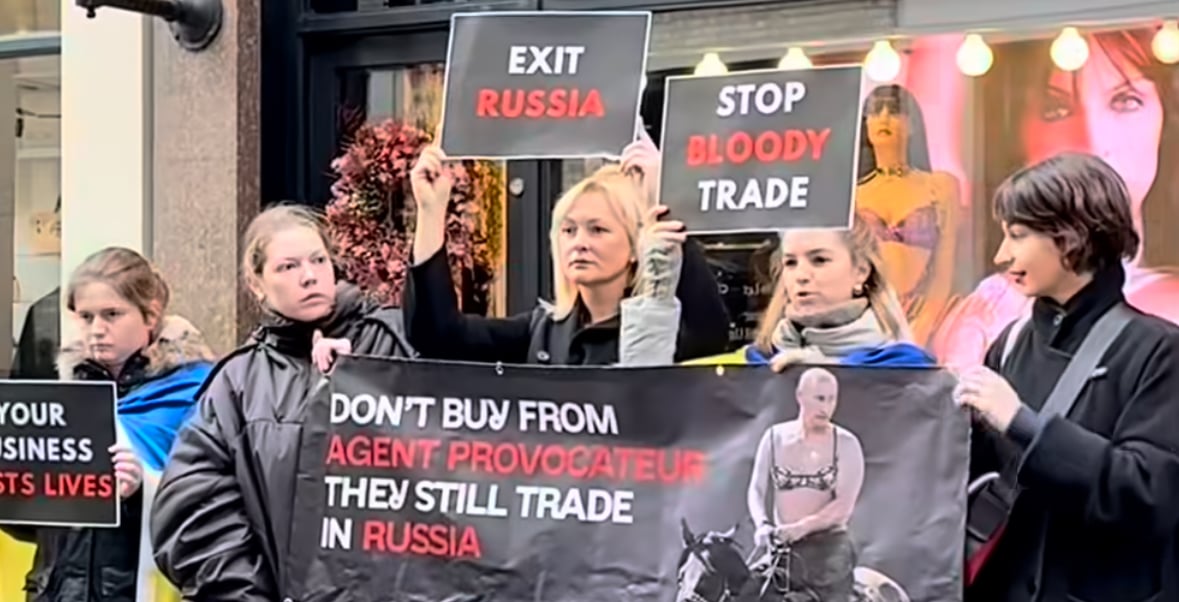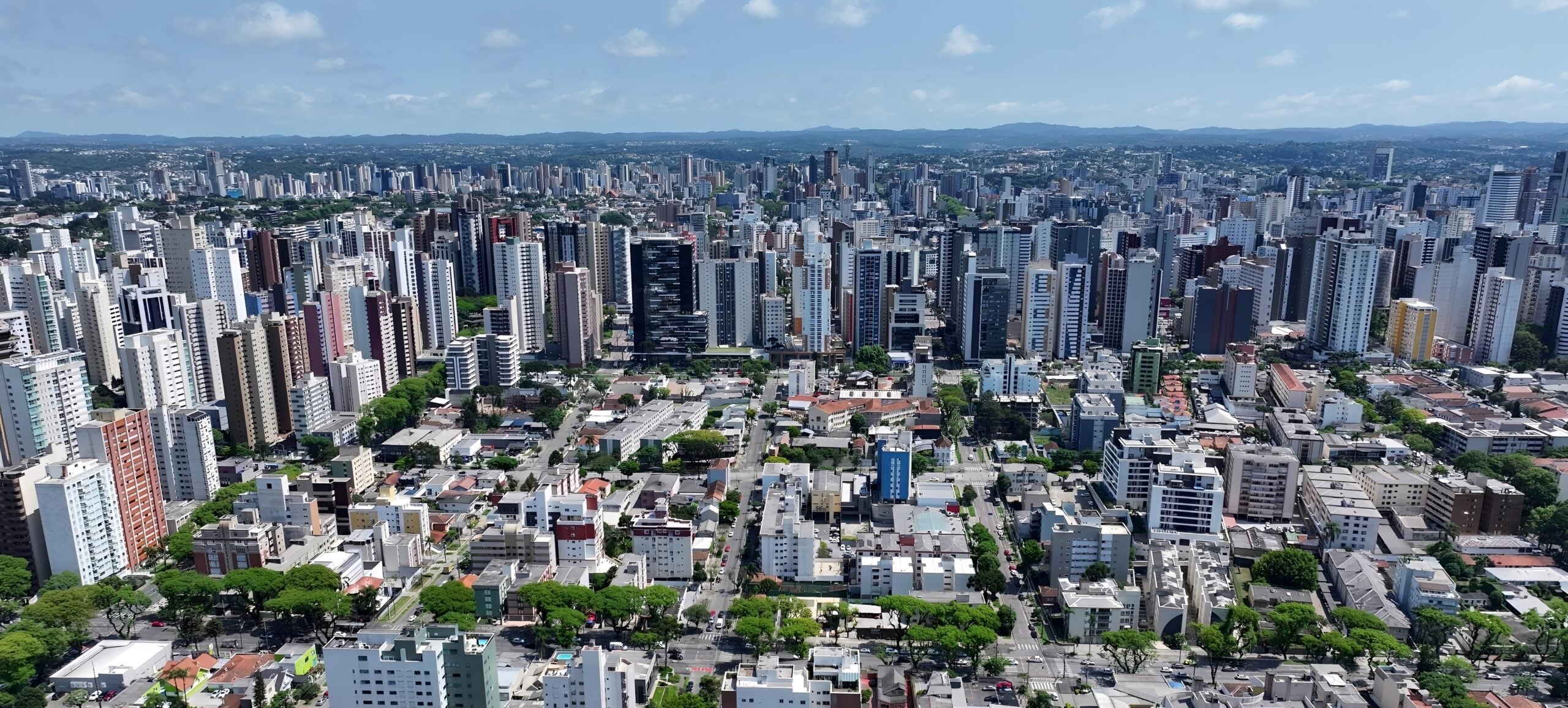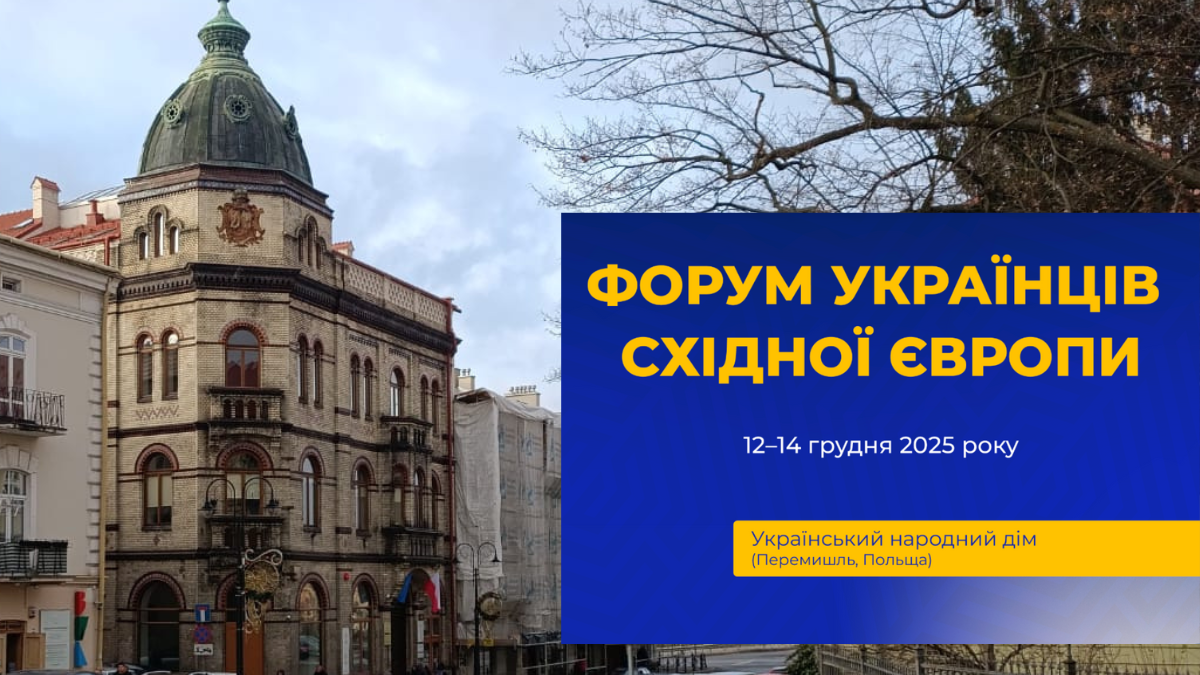
 by Paul Grod
by Paul Grod
President of the Ukrainian World Congress
As Russia’s full-scale invasion of Ukraine enters its third year, the costs of the conflict continue to rise. The war unleashed by Vladimir Putin on February 24, 2022, has led to hundreds of thousands of deaths and forced more than ten million Ukrainians to flee their homes. Dozens of towns and cities have been reduced to rubble by the invading Russian army, while the entire Ukrainian nation has been subjected to unimaginable trauma.
It is impossible to put a price on this death and destruction, of course. Nevertheless, there is no escaping the financial dimension of Russia’s invasion. Every single month, Ukraine requires billions of dollars from partners to fund the war effort, balance the state budget, and keep its economy afloat. In the coming years, the bill for the reconstruction of the country is expected to be in excess of $500 billion. These are truly staggering sums. Making Russia pay would be the most sensible solution, from both a moral and practical perspective.
There is believed to be up to $500 billion in Russian assets currently frozen in the West. Discussions have been underway since the early stages of the invasion over possible mechanisms for handing these assets over to Ukraine. In recent months, the idea of using Russian funds to finance international support for Ukraine has gained momentum, with a range of parallel initiatives unfolding in the US, the EU (which holds the biggest share of frozen Russian assets), and among the G7 group of leading industrialized nations. Multiple different options are currently being explored, from directly transferring funds to Ukraine, to using frozen Russian assets as collateral for bonds.
It is now vital for individual countries to draw up and implement the necessary legislation at the national level, while also coordinating with global initiatives to create legally solid foundations for the transfer of frozen Russian assets to Ukraine. This task must be approached with a sense of urgency that reflects the scale of the challenges facing Ukraine, while also underlining Russia’s criminal responsibility for what is by far the largest and bloodiest European invasion since World War II.
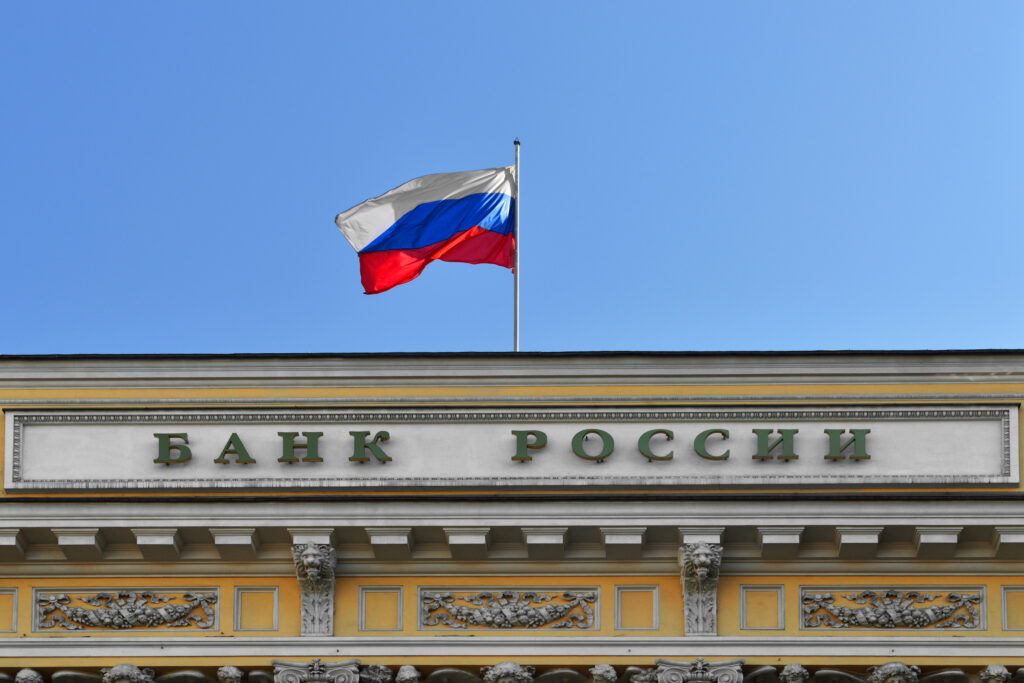 Critics of asset seizures have argued that any attempt to hand over Russia’s frozen assets to Ukraine could undermine faith in the international financial system while potentially deterring state bodies and private investors from the Global South from putting their money in the West. However, these concerns are overblown.
Critics of asset seizures have argued that any attempt to hand over Russia’s frozen assets to Ukraine could undermine faith in the international financial system while potentially deterring state bodies and private investors from the Global South from putting their money in the West. However, these concerns are overblown.
Much as the Kremlin would like to make this an issue of global confidence in Western financial institutions, any autocrats with major concerns would have been more likely to withdraw their money from Western jurisdictions in early 2022 when Russian assets were first frozen. That did not happen, in part due to recognition of the exceptional circumstances, and partly as there were no viable alternatives to Western currencies and assets. This remains the case, despite very public discussions over the possible seizure of Russia’s frozen assets.
Others have warned that Russia would almost certainly retaliate by confiscating assets belonging to Western governments and businesses. This, too, is not a serious argument against using Russia’s frozen assets to help Ukraine. The Kremlin is already applying a range of tools to seize Western businesses and assets located inside Russia, without any apparent need to justify such actions by pointing to the loss of its own frozen assets in the West. Companies that chose to invest in Putin’s Russia did so knowing this involved a high degree of risk. They cannot now realistically expect the international community to frame its response to Russia’s invasion around their narrow commercial interests, especially in light of the obvious ethical issues involved.
From a pragmatic perspective, the argument in favor of seizing Russian assets and transferring them to Ukraine is compelling. Western support for Ukraine is expensive, with the international coalition of countries backing the Ukrainian war effort already contributing hundreds of billions of dollars over the past two years. As Ukrainian officials have rightly noted, this is not charity. On the contrary, Ukraine is fighting to defend the security and values of the entire Western world. If Russia is not defeated in Ukraine, the cost of stopping Putin will rise dramatically. It is therefore entirely reasonable to expect Western countries to back Ukraine financially.
At the same time, the very large sums involved are perhaps inevitably making Ukrainian aid an increasingly contentious domestic issue in countries across the West. Amid a widespread cost of living crisis and sluggish economic growth, many Western taxpayers are uncomfortable seeing so much money being sent to Ukraine. Kremlin allies are already seeking to exploit this mood, as are opponents of further Western aid to Ukraine. Using confiscated Russian assets would ease the burden on Western countries and silence critics who complain of paying the price for the Kremlin’s war.
Crucially, the seizure of Russia’s frozen assets is morally justified. Russia’s invasion of Ukraine is widely acknowledged as a war of aggression and has been condemned in numerous UN votes. International investigators have documented evidence indicating thousands of individual Russian war crimes, while Vladimir Putin himself has been indicted for war crimes by the International Criminal Court in the Hague. Failing to hold Russia financially accountable for the invasion would make a mockery of the entire notion of a rules-based international order.
Those expressing concerns over the legality of asset seizures or the possible implications for financial stability must recognize that time is running out. Their navel gazing is already preventing Ukraine from being able to defend itself properly and is costing Ukrainian lives on a daily basis. Urgent progress is particularly necessary as we are now approaching a period of geopolitical uncertainty, with an unprecedented number of elections set to take place around the world in the coming months.
Finding the right formula to fund Ukraine with Russia’s frozen assets should be an international priority. This will reduce the financial pressure on Western countries and undermine economic arguments against continued international support for Ukraine. Most of all, it should be pursued on moral grounds. Bringing Russians to justice for their crimes in Ukraine and transferring Russian assets located in the West to Ukraine are two very concrete steps to support Ukraine’s victory. States guilty of violating international law should be punished and held financially accountable. This would bolster the rules-based international order and send a clear message that any country embarking on wars of aggression can expect to pay a very high price for doing so.
Photo: Shutterstock; Adobe Stock.
